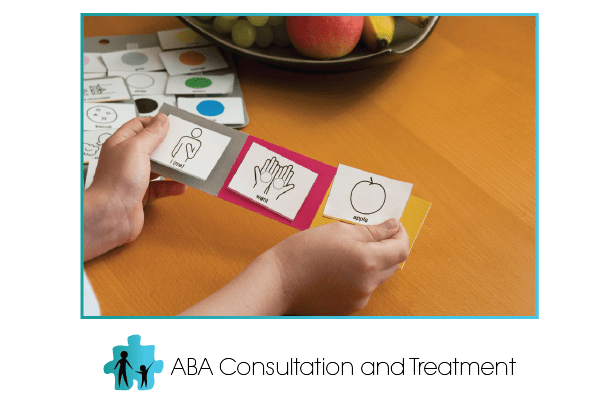From a young age we are taught to recognize and respect boundaries in our everyday lives. Examples of this include, not standing too close to other individuals in a line, not calling a friend in the middle of the night unless there’s an emergency and not talking to someone in a bathroom stall next to you. These types of social boundaries are there for a reason. They exist to make us feel comfortable with other people.
Importance of boundaries
In therapy, boundaries exist to maintain and protect the therapeutic experience. They are important because they acknowledge the essential relationship between the therapist and the client’s family. Additionally, they establish an outline for this unique relationship, providing a consistent, reliable and safe construct for an approach that can seem mysterious to some.
As a therapist, working intimately with families means that sustaining boundaries can be difficult but it is very important to do so. Boundaries help therapists avoid burn out, maintain a level of safety for both themselves and the family, help them stay focused on the client, and model appropriate communication to the family.
Establish boundaries before therapy
When boundaries are violated in a therapeutic situation they can be very damaging. That’s why it’s important to establish them before starting work with your client and their family. A therapist should always explain why something is not permitted in the therapeutic relationship to the family. As an example, instead of rejecting a gift from a family member, explain why you cannot accept the gift. By using sensitive language, calmly describe how this type of gesture could be harmful to the therapeutic relationship and provide an alternative. As a general rule, it is recommended that therapists do not accept gifts from patients and their family members in order to keep the professional boundary clear.
Clues that boundaries have been crossed
You may realize that boundary lines have been blurred with a variety of signs. Exchanging hugs with the family or attending family functions are good indicators. Your client’s parents might consider you more as a friend than as someone who is there to help their child. You may find that you’re revealing too much information about your personal life to your client’s family or vice versa. Or you may even offer to provide services beyond your basic job description.
How to re-establish boundaries
If you find yourself in a situation where your professional or personal boundaries have been compromised, gently let the family know what your boundaries are, what is acceptable and what is not, and make sure they are in agreement. On a regular basis, clarify the boundaries you are holding with the family. In addition, therapists should utilize their supervisors as a sounding board if things are getting too difficult with the parents.
Finally, one of the most important things a therapist can do is take care of themselves. This means, leaving work at work and home at home, get rest, and talk to your supervisor when needed.
In closing
Maintaining boundaries with your client’s families is extremely important not only for your professional life but also for your personal one. Boundaries keep a therapy session focused on the client and their needs. An effective therapist is clear from the outset what their boundaries are and are respectful of the families they work with.



